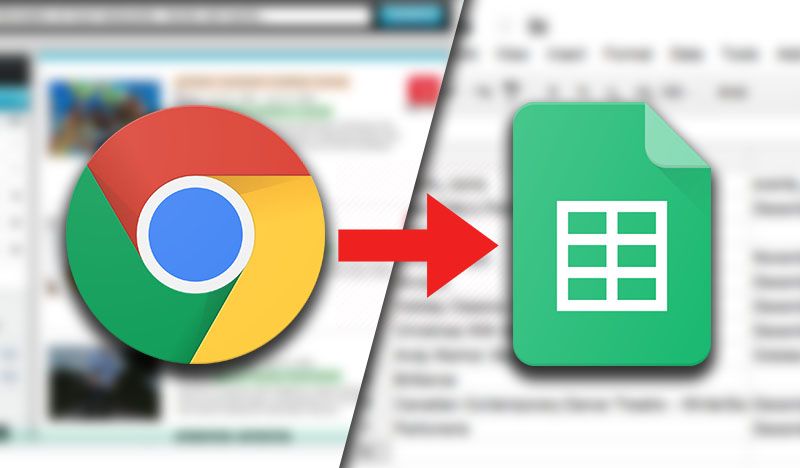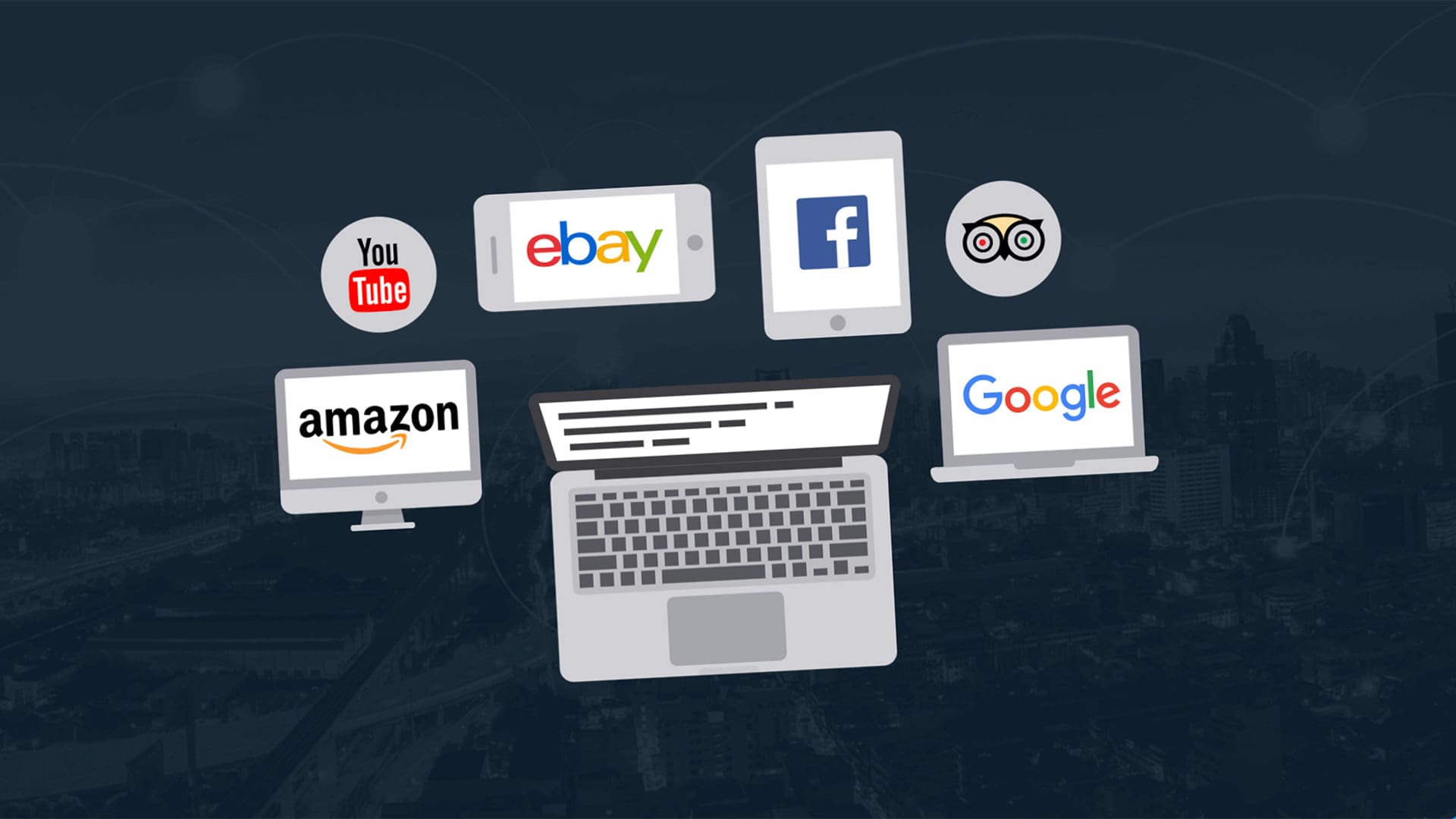What Is a Web Scraping API?
Let's get a more in-depth insight into what web scraping API is and why it is helpful.
Request your data now
By clicking "Submit", you agree to our Privacy Policy
In brief, web scraping is the process of extracting data from a website or specific webpage. People use web scraping for multiple purposes, including e-commerce price monitoring, lead generation, news aggregation, monitoring search engine results, bank account aggregation, building datasets, and more. One can do web scraping either manually or with special software called a web scraping service. Manual web scraping is time-consuming, while web scraping tools are faster and therefore more convenient.
The Legality of Web Scraping
Web scraping or crawling isn't illegal by itself unless you use it ethically. The critical aspect that matters is how you're going to use the parsed information. Legal web scraping involves parsing your website and gathering publically available data, for example, competitors' pricing lists or user reviews of a particular product. However, web crawling gets illegal once you use the scraped data for illegal purposes. Illegal web scraping involves copying data that is copyrighted, scraping private data that requires username and passcodes or selling confidential data to a third-party.

Web Scraping Pros
1
Accurate and up-to-date data
Even small errors in data extraction can lead to significant problems for a business. Thus, you always need to ensure that the data is correct. Data scraping services are always accurate compared to humans who scrape data manually. That's why businesses tend to use web scraping services for extracting sales price, financial data, and other essential information for a business.
2
Time and Energy Saving
Manual data scraping is time-consuming. Scraping the web with a data scraping application saves much time, as it can do a day's manual work in a few hours.
3
Multiple Data Delivery Formats
Web scraping services deliver data in multiple formats, including XML, JSON, CSV. They can also send the scraped data to Dropbox, Google Cloud Storage, FTP, which is very convenient whatever your scraping needs are.
4
Easy to implement
Once a website scraping service starts crawling information you need, you can rest assured that you are getting data from not just a single page but from the whole domain. With just one tool, you can extract an abundance of necessary data.
5
Multiple Applying Options
One can use web scraping service for extracting practically all the data available across the web, including social networks data (your potential customers' preferences, their followers, engagement rate, likes-comment ratio, general audience quality score, influencers emails, reviews and many more), pricing data from e-commerce platforms, and data for researchers (books, tutorials, statistics, studies, and more). With web scraping, you can perform website analysis for search engine optimization, discover marketing data from various sources, and many more.
Web Scraping Challenges
Imagine that you need to scrape your competitor's website for analytics purposes. As we've already mentioned, this is legal, and there mustn't be any issues with parsing the necessary information but no such luck. The main issue is that most websites do not allow scraping. They only want to serve content to real users using real web browsers. Thus many challenges, such as blocking mechanisms, rise when it comes to crawling such websites.
IP Blocking
Programmers commonly use this method to stop web crawlers from accessing data represented on a website. When a website identifies a high number of requests from the same IP address, it either totally bans your IP address or restricts its access to collapse the crawling process. This is where proxy web scraping comes into play. When using a proxy, the website you are requesting no longer sees your IP address, giving you the ability to scrape the web anonymously if you choose. Additionally, a proxy lets you make your request from a specific location or device (for example, desktop IPs) and enables you to access the specific data that the website displays for that given GPS location or device.
Web Scraping CAPTCHA
Websites use CAPTCHA (i.e. Completely Automated Public Turing test to tell Computers and Humans Apart) to separate humans from web scraping tools by displaying images or logical problems that real people will quickly solve, but parsing software won't.
Changeable Website Structures
Usually, web scraping service is set up according to a specific design of the page. Since websites periodically update their content to add new features or make the user experience more convenient, structural changes on web pages occur, making your web scraper impossible to parse data from the updated pages. To overcome this challenge, you'll have to adjust your web scraper for every new web page you're going to crawl. Luckily, some web scrapers already come with this feature.
Honeypot traps
Honeypot is a computer security mechanism that detects, deflects, and counteracts unauthorized use of information systems. Such a trap may be a link that is invisible to real website visitors but visible to scraping services. Once the crawler falls into the trap, the website receives information about the scraper, for example, its IP address, and blocks the unwanted tool.
Abundance of Parallel Requests
When a web scraping service sends an unnaturally high number of requests, it's likely to cross the thin line of ethical and unethical parsing and get detected and eventually banned. Only smart web scrapers with sufficient resources can carefully overcome this anti-scraping measure and keep complying with the law while achieving what they're designed for.
Web Parsing in Real-Time
Most business people and digital marketers are interested in real-time data scraping since they often need to make immediate decisions. For instance, staying updated on changeable stock pricing can lead to colossal profit gains for a company. However, deciding what's essential and what's not in real-time is a challenge. Moreover, it's overhead to acquire large data sets in real-time. Smart and reliable web scraping services can track all dynamic data in the public domain and scrape data in real-time, but it remains a challenge for many scrapers.
Web Scraping API
No doubt that web scraping blocked by websites has no sense and is rather annoying. So is there any solution that may help you overcome all the mentioned challenges and prevent web scraping from being blocked? The answer is, "Yes, thanks to web scraping API!". Let's get a more in-depth insight into what web scraping API is and why it is helpful.
In general, API (application programming interfaces) stands for a specification of possible interactions with a software component. Programmers also define it as a programming code that enables data transfer or exchange between one software product and another. Indeed, it contains the conditions of this data exchange. API consists of 2 components:
In general, API (application programming interfaces) stands for a specification of possible interactions with a software component. Programmers also define it as a programming code that enables data transfer or exchange between one software product and another. Indeed, it contains the conditions of this data exchange. API consists of 2 components:
Technical description of the data transmission options btw. solutions with the specification done in the form of a request for processing and data delivery protocols
Software interface written to the specification that represents it.

The application that needs to access specific data (for example, a list of local restaurants) from another software calls its API while specifying the requirements of how it must provide the data. The other software returns data requested by the former application.
A question arises, "Why do you need web scraping services when there's a thing like API?" Unfortunately, not all websites offer API; that's why we need web scraping applications.
Now we know how a standard API works, but what is web scraping API? Web scraping API is a tool that helps programmers overcome all the challenges mentioned above and prevent scraping from blocking. It handles proxy rotation, browsers, and CAPTCHAs so programmers can scrape any page with a single API call. Scraping API works in such a way that it rotates IP addresses with each request from millions of proxies across over a dozen Internet service providers and automatically retries failed requests, so you will never be blocked.
It also overcomes CAPTCHAs to turn your mind to getting the data with a few clicks instead of solving annoying CAPTCHAs on a website. Using all the latest tricks, scraping APIs lets you collect precise data quickly and reliably. Useful web scraping API is easy to integrate, scrapes with headless browsers from websites in Ajax, JS, and React JS and enables you to quickly get the HTML from any page. To sum up, web scraping API makes the scraping process smoother and more effective, allowing you to focus on the data you access instead of overcoming the challenges that websites prepared to detect your web scraper.
A question arises, "Why do you need web scraping services when there's a thing like API?" Unfortunately, not all websites offer API; that's why we need web scraping applications.
Now we know how a standard API works, but what is web scraping API? Web scraping API is a tool that helps programmers overcome all the challenges mentioned above and prevent scraping from blocking. It handles proxy rotation, browsers, and CAPTCHAs so programmers can scrape any page with a single API call. Scraping API works in such a way that it rotates IP addresses with each request from millions of proxies across over a dozen Internet service providers and automatically retries failed requests, so you will never be blocked.
It also overcomes CAPTCHAs to turn your mind to getting the data with a few clicks instead of solving annoying CAPTCHAs on a website. Using all the latest tricks, scraping APIs lets you collect precise data quickly and reliably. Useful web scraping API is easy to integrate, scrapes with headless browsers from websites in Ajax, JS, and React JS and enables you to quickly get the HTML from any page. To sum up, web scraping API makes the scraping process smoother and more effective, allowing you to focus on the data you access instead of overcoming the challenges that websites prepared to detect your web scraper.
